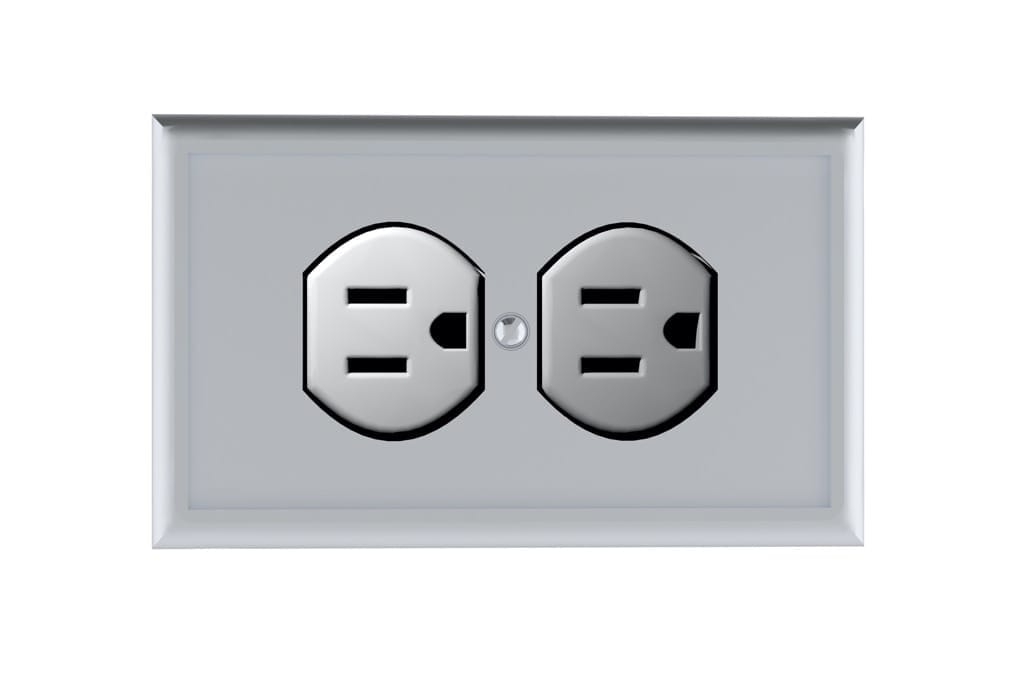Every homeowner in Colorado Springs needs access to a reliable low voltage electrician. Our specialists at Wire Works Co Inc. help repair, maintain, install, and upgrade electrical systems in your home. Being in a remote area, some Colorado Springs homeowners can find it challenging to find service contractors they can trust. For this reason, we have always expanded our service to reach the furthest and most remote areas of southern Colorado.
All you need is the contacts of one of our experts at Wire Works Co Inc., and you're good to go. We are a reputable and dependable firm that's committed to providing the best customer services to all our clients. Once you call us, we will be at your home or business premise in the shortest time possible ready to provide a long-lasting electrical solution.
What's more, we highly trained, seasoned, and licensed experts. All our experts have met all the National Electrical Code (NEC) requirements.
Here are the essential low voltage electrician services we can help with.

When mounting your TV, you need a specialist who'll handle your TV with care. As you know, television sets are quite delicate, and they can easily break. Work with a low-voltage electrician who is patient and who'll involve you in every decision they make.
This way, you won't have to redo the work again because they didn't understand your instructions. A professional who has an organized working truck and who keeps time is more likely to work with your ideas and deliver.
Even as you look for cheap TV mounting services, ensure you do not compromise quality. The last thing you want is for your TV to fall off the wall without warning because it was not mounted right.
An electrician who arrives on time allows you to make the most of your day. People today have hectic schedules, so you shouldn't have to waste an entire day waiting for an electrician to arrive. Make sure they're professionals who're respectful and who offer quick services.
Lastly, they should clean after themselves. Professional low voltage electricians should clean as they work, so they don't spend too much time on the same thing. At Wire Works Co Inc. we don't compromise with quality, we will always be there on time, and we always leave our place in a better condition than we found it. Professionalism, maintaining the highest code of conduct, and putting the needs of our clients first is not just a philosophy but our way of doing business. Call us now and experience the difference!
The International Association of Certified Home Inspectors—InterNACHI)'s guidelines stipulate that homeowners should regularly check their electrical panel. Since you're not an expert in this field, it's recommended that you delegate this to expert low voltage electricians.
These guidelines apply even if you have never undertaken electrical fixes before. InterNACHI understands how dangerous electricity can be at your home without the right upgrades. Our expert electrician will check for signs of scorching or rust. These are the primary signs of underlying damages.
You should not overlook the need for an electrical panel upgrade simply because your systems seem to work fine. There might be hidden damages that keep getting worse as days go by. With proper electrical panel maintenance, you can be assured of safety in your home.
The expert you work with will tell you if an upgrade is necessary, or if maintenance is enough. When you have a regular routine of electrical panel maintenance, you save yourself the cost of an upgrade. Even though sooner or later you'll need to upgrade, your current system will serve you for a longer period.
If you're using an outdated system, it might be time for you to invest in a more advanced one. A modern electrical panel upgrade comes with superior features designed to keep your household safe.
Since Colorado Springs is in such a remote area, residents are likely to experience power outages now and then. With a generator installed, you can ensure that you always have electricity in your home.
Your family's health and safety are likely to be at stake in case of a long-term power outage during winter months. Indoor discomfort can slowly accelerate to extreme conditions that negatively impact your household's well-being.
This is especially true if you have a person who is dependent on medical equipment on a day to day basis. In such a scenario, a power outage does not only put their health at risk; it is life-threatening. Many Colorado Springs residents use generators for insurance.
When you purchase a whole-house generator, ensure it gets installed by a professional. This makes it a reliable alternative, and your household's safety will be guaranteed.
A portable generator can be an ideal choice because it's quite easy to maintain. It's also easy to use once you understand the manufacturer's instructions. However, since they're small in size, they cannot provide sufficient power for an entire household. They're more suitable for camping and road trips.
There is no knowing what electrical repairs you might suddenly need in your home. Since you have so many electronics, you're bound to incur repair expenses at one point or another. Because of this, you need us to be your concierge electrical service provider.
With us, you will have a specialist who guarantees an excellent job each time you call on us. You need our expert who can do the job on-site so that you can stay updated on the progress. Carrying electronics to an electrician's shop is likely to cause more damage. Especially if it's something big like a refrigerator or a washing machine.
Note that you may think that you don't always need an electrician to come over. Sometimes you may think that it's a simple repair that you can do on your own to save yourself repair expenses, but a simple mistake can cost you unbearable losses and put your life at a greater risk—always call an expert electrician for any repair.
Our professionals are always a call away. At Wire Works Co Inc. we understand some homes are located in remote areas of Colorado Springs and having access to reliable electricians might be a challenge. But we are here to offer a dependable professional low voltage electrical services to all homesteads thought out the year. Call us today at (719) 492-6955 and let know how we can help.
You need to heed to our expert's advice. If we say the repair is too complex for you to touch anything, wait for us to come over and check out the damages. You need an expert who'll explain everything in an understandable and friendly manner.
When you work with a professional electrician who's always on call, you get timely solutions in case of an emergency. Quick responses can save you from incurring more expenses.
Hiring an electrician might seem like a simple task. However, if you live in Colorado Springs, you know that finding a reliable contractor is not easy. If you hire the wrong person for the job, you end up spending more than you had anticipated. Hire trained and certified low voltage electricians who have experience to get the best services at a competitive price, and there is no better place to go other than at Wire Works Co Inc.


